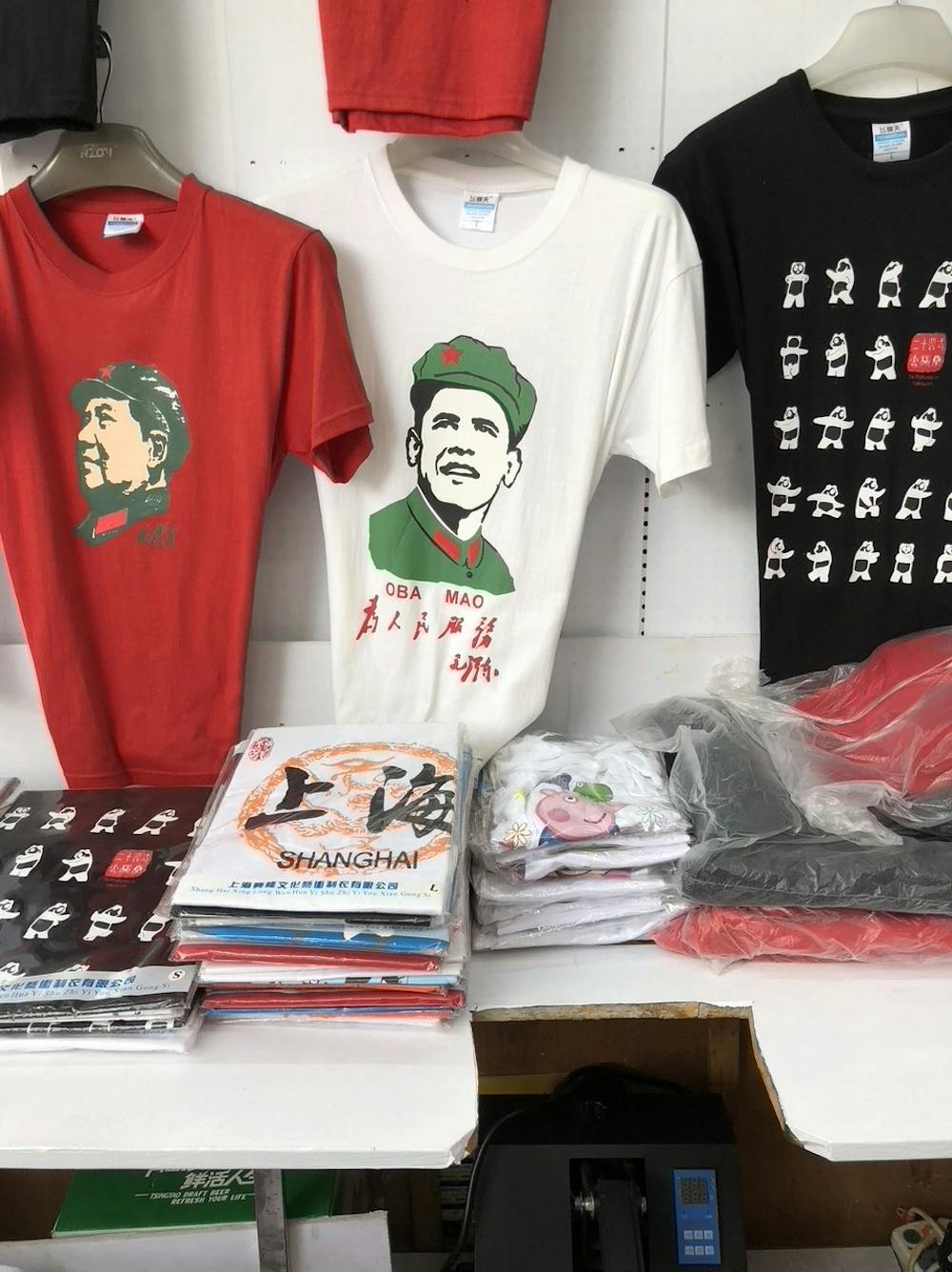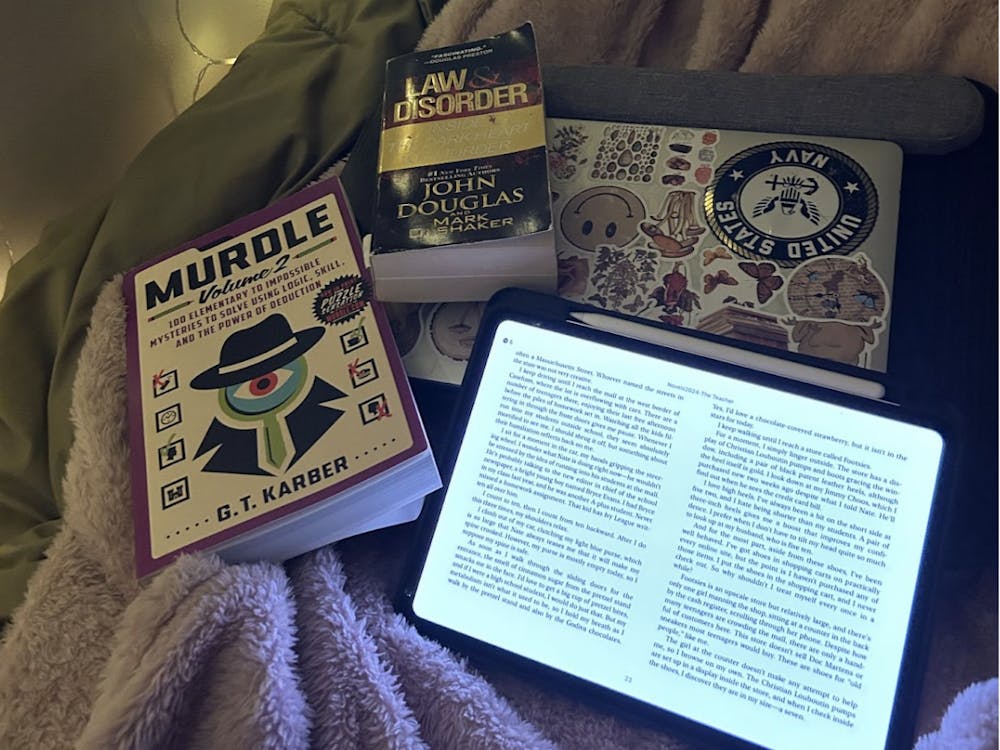Chinese nationalism has been making the news lately. We’ve all seen it in action, whether in the form of giant military parades in Beijing, the National Basketball Association’s expulsion from China over a single tweet or that big Chinese flag that was hung up in Brody.
From an outsider’s perspective, it can all seem perplexing. China is an authoritarian state that regularly violates the rights of its own people. How can anyone be a Chinese nationalist?
I thought that maybe I could shed some light. Because I used to be one.
Unlike most Chinese nationalists, I never went through China’s education system. Instead, every morning I pledged my allegiance to the American flag. I was taught that America was the greatest country in the world, that democracy is the best form of government and that Communism is an evil that must be crushed.
But as I grew up, I learned about the other side of America — that of a nation founded on slavery and genocide. Its talk of defending human rights falls flat in light of its wrenching poverty, state brutality and systemic racism. It is an imperialist nation that bullies and subjugates smaller countries, usually black or brown, in the name of “freedom” and “democracy.”
And in high school I became acutely aware of my own minority status. We Asians seemed to have no place in America.
In technology we are limited to being code monkeys, as artists we must go back to Asia if we want to make it big and as scientists we research under the shadow of an FBI that questions our loyalty.
It was this, plus the casual racism and stereotypes I’ve experienced, that forced me to question: Am I American?
I did know one thing though: I was Chinese. And so, I began to study our history.
We were a great people. We were the Rome that never fell, the civilization that dwarfed all others.
From paper to gunpowder to porcelain to philosophy, our culture and technology advanced the limits of human ingenuity and achievement.
But that was not to last. By the 19th century, the Qing dynasty was in decline, as dynasties often were. But this time, the Western imperialists attacked. Britain defeated us in two Opium Wars and wrested Hong Kong from us. It and other powers forced us to submit as semi-colonized pawns and endure a century of humiliation.
Eventually, this century came to an end with the Communist victory in 1949. At first, serious mistakes were made under Mao. But after his death, the economy boomed and hundreds of millions were pulled from poverty in one generation. China was no longer the sick man of Asia; it once again lived up to its name of Zhongguo, the Central Kingdom.
It’s more or less the official Chinese narrative, but it’s a powerful one, one that I found reinforced by spending time on pro-Chinese corners of Reddit and Quora.
It was further strengthened when I went back to China in 2015. It was another world, with continent-spanning high-speed rail, enormous cities of hundred-stop metros, thousand-room skyscrapers and a plugged-in population that was once again taking science and technology to new heights.
All this under an authoritarian regime. These advancements stood in contrast to the polarization and stagnation I have experienced under Western democracy. So much for liberalism and human rights; China was the future.
* * *
The Uyghurs were the first to make me question everything. News kept dripping out of Xinjiang: the destruction of mosques, the omnipresent surveillance, the re-education camps. At first I tried to square the circle by explaining that it’s a reaction to the terrorism that has plagued China for years.
But eventually, I asked myself: Were we the imperialists now? And so, I decided that genocide denial wasn’t the hill to die on.
And I kept learning. In 2018 I returned to China again to study abroad. There, I explored Chinese problems that usually don’t make Western headlines: Communist Party corruption, skyrocketing housing prices and my professor’s struggle, as a Party official, to save his cousin from censorship. Since then I’ve delved deeper into Chinese history, learning about things like the Qing dynasty’s own westward expansion and China’s forgotten democratic tradition.
And I’ve come to realize: Even if some people, myself included, don’t believe it, I am an American.
Perhaps this question — Am I Chinese? Am I American? — is the wrong question to ask. Maybe a better question is: Who controls China? Who controls America? What are both countries’ relations to the global economy, the biosphere and each other?
It is these questions, not some abstract nationalism, that will shape how we solve the problems of the future. And these are urgent questions — with each passing year, a bit of that future becomes our present.
Happy Year of the Rat, everyone.





